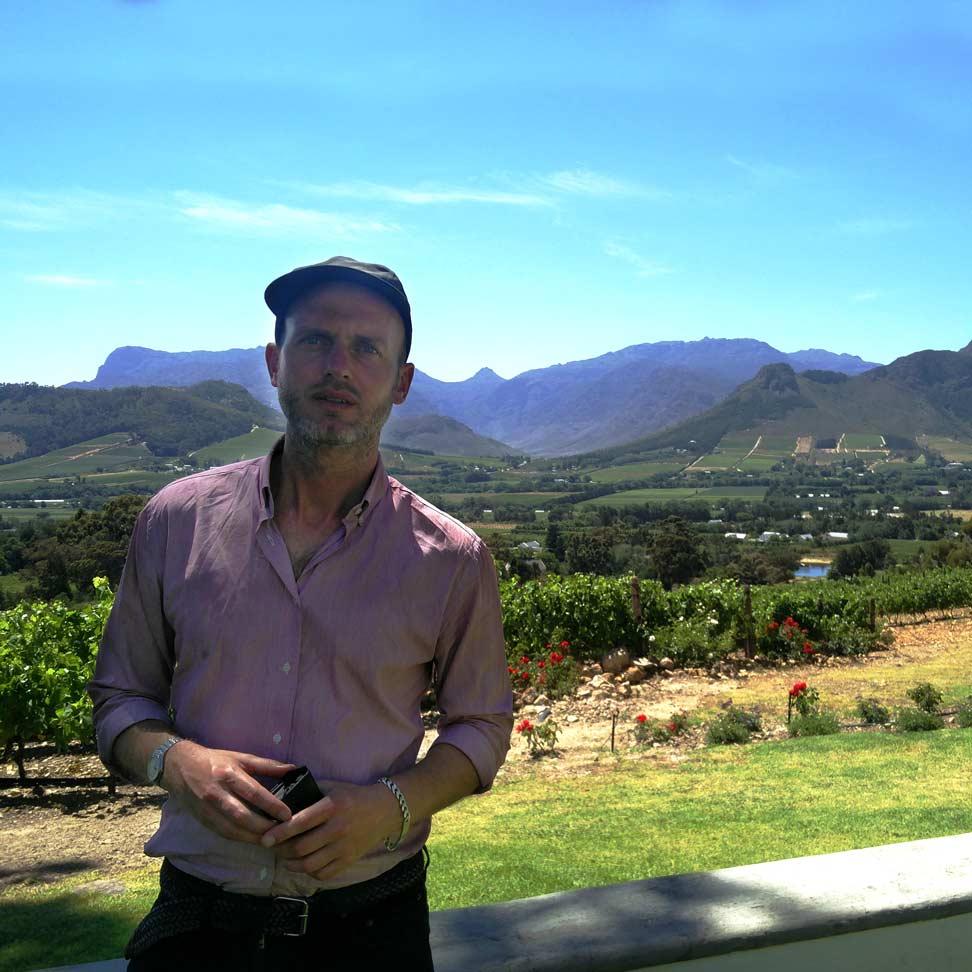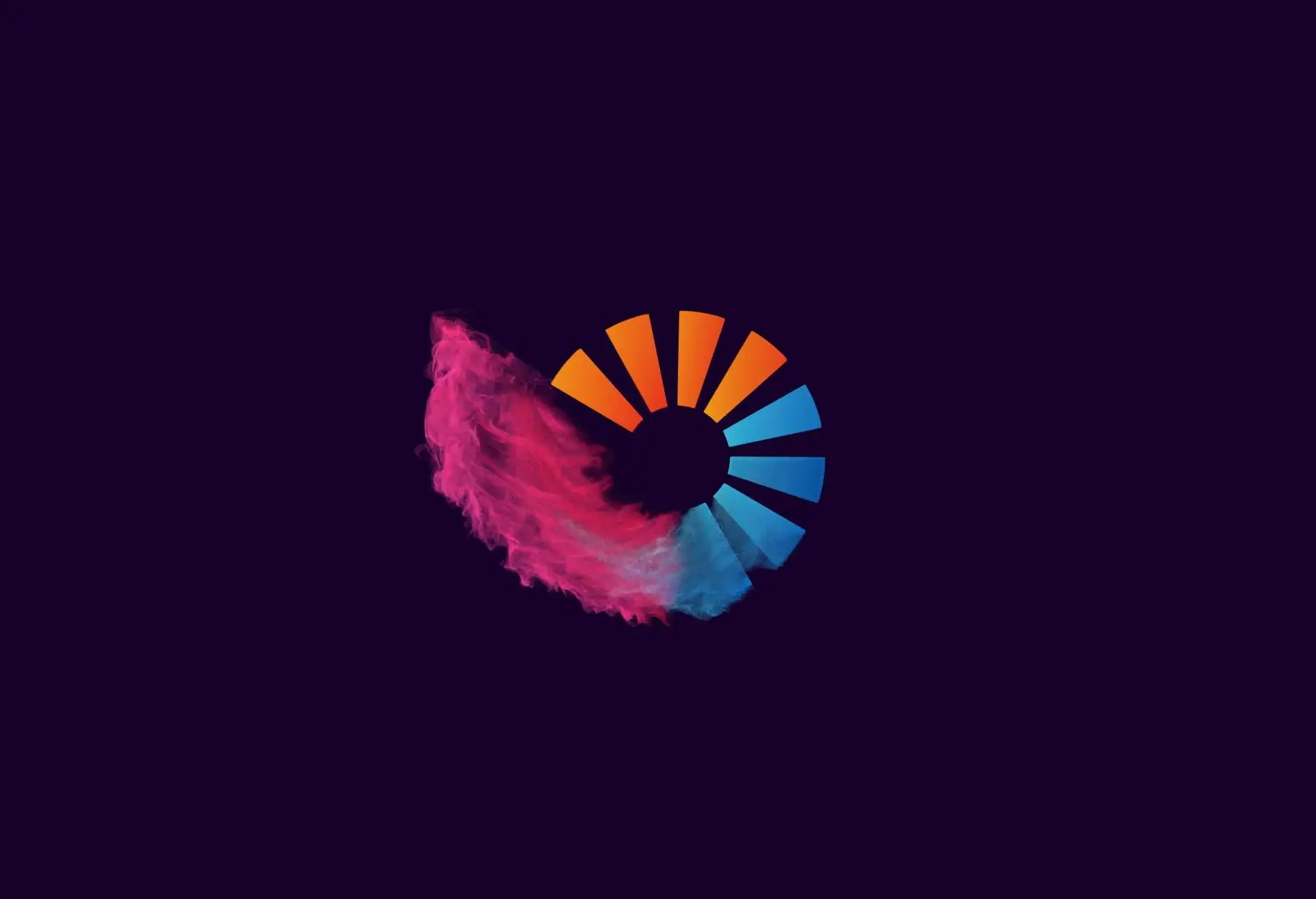Out here, all is peaceful. You are at the centre of the world, quite literally, and still far away from everything. The ocean in sight stretches all the way down to Antarctica with nothing in the way for the waves to build up. Two surfers balance quietly on their boards as they wait for the next big surf wave.
We are at Cape Three Points, a stone’s throw from 0° latitude, 0° longitude, and exactly at the southern tip of Ghana. This is one of the country’s best places to surf, and yet the two surfers are the only ones in this world.
Ghana’s next
Cape Three Points, a remote and beautiful surfing spot with excellent waves © Philipp Primus, Tainted Lenses
With its long coastline and world-class, surf waves, Ghana may very well be the next big surf destination. Devoted surfers still turn quiet when asked about the best wave in Ghana. In a world that is experiencing a popularity boom of adventure holidays and surf camp packages, they crave for the loneliness and exclusivity that was once theirs to take. But even these surfers can’t keep the whispers from turning into talks of dreams and bucket lists.
Ghana has several things going for it. The capital Accra is a travel hub in West Africa with several airlines flying directly from Europe, Asia, And North America. Accommodation and meal prices are cheap, and you will be hard-pressed to find any other place on the planet with better value in terms of surfing conditions and instructor quality. You get good surfs all year round, and there are spots for both beginners and more advanced surfers. As Ghana is located at the Equator, even the cold currents of the Atlantic Ocean cannot manage to lower the sea temperature to less than 24C.
The main surf destinations of Ghana are Kokrobite beach, a mere 45-minute drive from Accra, and the beach town of Busua in Ghana’s Western Region.
World class surfing without the crowds
The coastline of Ghana is full of hidden surf spots © Ahanta Waves Surf School & Camp
Anyone who tried surfing at a popular surf beach will know how grumpy die-hard surfers get if a foamboard-surfing, speedo-wearing newbie steals an epic wave they had their eyes on. The sinner will be lucky if he gets away with a 30-second scolding. Couple this with the difficulty of navigating waves among hundreds of other surfers of varying skill levels.
Especially for beginners, this setting is intimidating and difficult to learn surfing in. In Ghana, however, these scenarios won’t happen – at least not for the time being. Here you have plenty of space to tumble around in the waves, as you become comfortable with your surfboard. Sounds more like it, right?
How it all began
Kokrobite’s new generation of surfers © Mr Brights
Surfing in Ghana has been practised for more than a 100 years. Back then scrap wood was used as boards by thrill-seeking youngsters. But it wasn’t until Brett “Mr Brights” Davies settled down on the Ghanaian coast in 2010 that the sport was formalised.
Davies, a British native, started the West African Surfing Association (WASA), organised the shipping of donated surfboards to West Africa, and after a couple of years, he started the first surf school in Ghana. Local talents now master the art of surfing, kickstarting a new generation of West African surfers and Ghanaian run surf schools.
Kokrobite: surfing near the capital
A surfer among fishermen in Konkrobite – a typical scene along Ghana’s coastline © Mr Brights
Today, Mr Brights’ Surf Shop is located in Kokrobite. This beach town is 30 km to the west of Accra and it is the most accessible surf spot from the city. Many residents of the capital drop down for day trips or go on short weekend stays. Here are surf schools offering board rentals, daily group or private courses from local instructors, and multi-day packages for those who want to make a push towards improving their skill level.
The town has budget friendly accommodation and dining options with relaxing reggae vibes to go with it. On weekends, there are live music and dance performances, and the lively chatter and clinks of large Club Beer bottles coming together last long into the warm tropical nights.
The Krokobite buzz is all centred around the venue Big Milly’s Backyard, where you’ll find comfortable budget accommodation, and a large communal yard with a bar, restaurant, and sitting areas with views of the water. Head to the beachfront restaurant Dizzy Lizzie’s if you want to try a good version of the Ghana favourite red bean stew.
Busua: the surfing capital
On days like these, the local surfers of Busua come out to play © Ahanta Waves Surf School & Camp
A five-hour drive west of Kokrobite will take you to Busua – the surfing capital of Ghana. Here’s an excellent beach break with waves breaking both right and left, and there is a fairly long stretch of shallow white water waves for beginners to practice in. More advanced surfers can test their skills on “Black Mamba”, a right point break located a 20-minute paddle away from Busua beach.
Busua is a popular beach break town for foreign volunteers and backpack travellers, yet the town has retained its fishing village charm. The atmosphere is welcoming and there are plenty of local options to eat, sleep, shop, and drink.
At the centre of it all is the surfing. There are several surf schools in the area such as Busua’s Ahanta Waves Surf School & Camp who, along with their surfing packages, soon will offer budget-friendly accommodation at their Eco Surf House right on the beach. Worth a mention is also Busua Inn, a good option for a pleasant stay and wonderful beach views from their French-Ghanaian restaurant.
Speaking of eating, an absolute must is Okorye Tree Restaurant. This beachfront restaurant is run by four local entrepreneurial women serving up healthy portions of Ghanaian favourites. Go there once and you will surely be back for more, whether it be for the food, the evening drinks, or the social vibe.
Getting around
Ghana offers surfing for beginners and experts alike © Mr Brights
Ghana might not be the most convenient or polished travel destination, but once you arrive with your feet in the golden red sands, the waves are yours!
Have Busua and Kokrobite as your starting points for your surfing adventure(s) in Ghana. There are several other suitable surfing spots along the Ghanaian coast with gnarly waves and hidden coves, but you generally have to bring your own surfboard to these places, which can be a bit of hassle if you opt for local transportation and not a private taxi.
Getting ready for another surfari © Ahanta Waves Surf School & Camp
To get to Kokrobite from Accra, by far the fastest and easiest option is to take a taxi. It will take you around 45 minutes and should cost around GHS 100 (around $28 CAD) while a taxi to Busua from the capital takes approximately 5 hours. If you want to save money on the transportation, you can go local and hop on a tro-tro (the mini-vans covering an amazing web of villages, towns, and cities all over Ghana) but expect to use several tro-tro’s before you reach your destination. A rule of thumb – albeit not a very precise one – is that you should double the transportation time when using public transportation.


